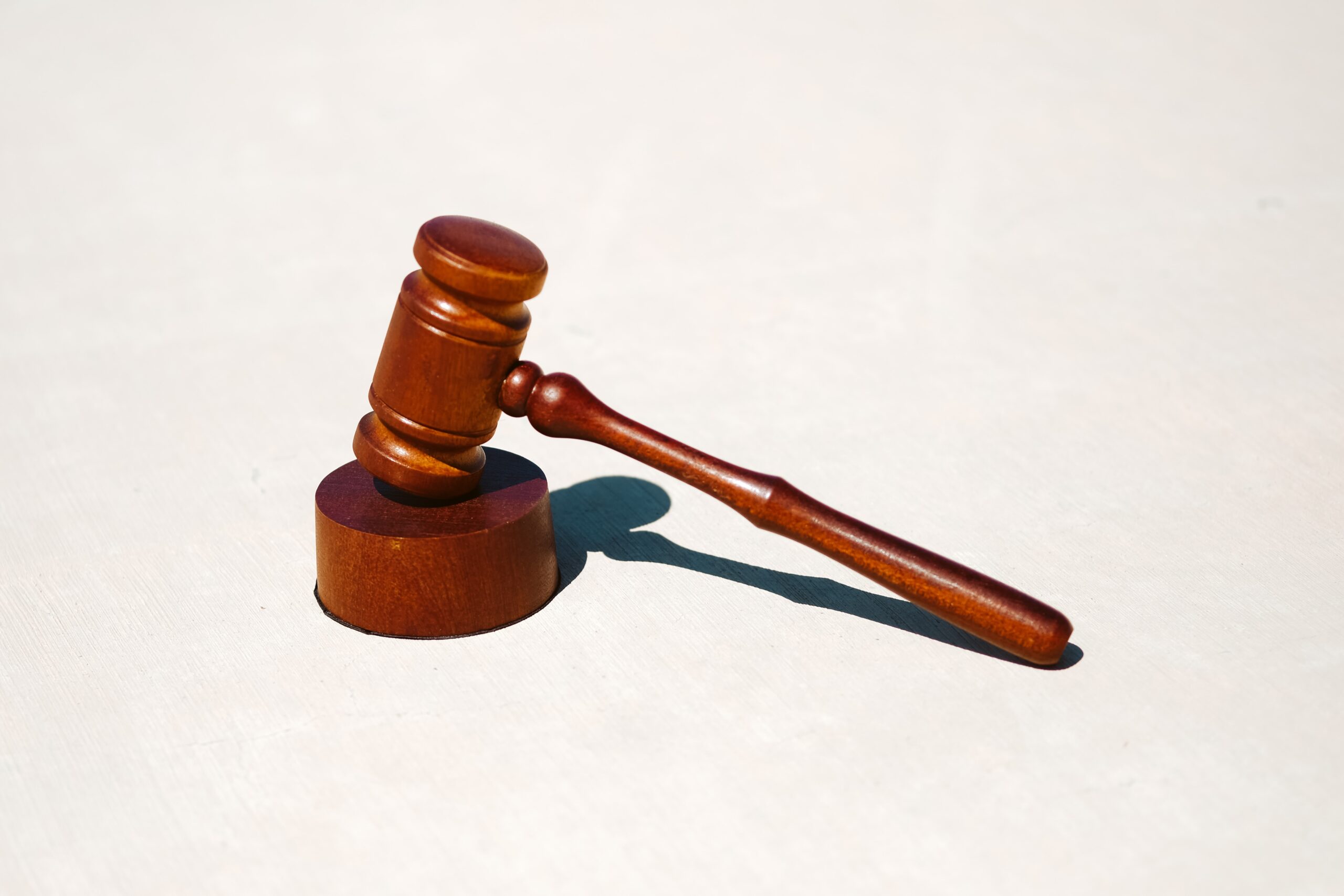Now Reading: How Atlanta is Fighting Elder Abuse
-
01
How Atlanta is Fighting Elder Abuse

How Atlanta is Fighting Elder Abuse
Elder abuse, particularly in nursing homes, is a growing concern across the United States. Georgia is no exception: vulnerable older adults are at risk for various forms of abuse and neglect. The city of Atlanta and the state of Georgia, as a whole, are tackling this complex issue as their aging population steadily increases. Can other states follow suit?
Elder Abuse Defined
Elder abuse encompasses a comprehensive set of behaviors that could cause physical, mental, financial, or sexual harm or neglect. In institutions such as nursing homes, elder abuse could be the result of staff that are undertrained, stretched too thin, or who are simply not held accountable for misconduct.
Abuse can include improper use of restraints, withholding medication, or inappropriate or non-consensual sexual contact. Financial abuse can occur when people use influence or deception to gain access to the finances of an older, vulnerable adult, including by fraud or theft.
Older adults with severe medical conditions, including Alzheimer’s disease or dementia, may be at greater risk of being abused or neglected. Cognitive decline makes it more difficult for individuals to advocate for themselves, which can, unfortunately, lead to misconduct by nefarious, untrained, or overwhelmed individuals.
Why Does Elder Abuse Happen in Nursing Homes
Not all cases of elder abuse in nursing homes are nefarious or even intentional. That does not make the cases less severe. It’s essential to understand the systemic influence of abuse to address it. Luckily, law offices across the state of Georgia are filing lawsuits against nursing home abuse.
Long-term care facilities may face issues such as a lack of staff, nurses, or other caregivers who have yet to receive training for working with elders or deficiencies in funding. Some nursing homes may be forced to cut costs, leading to lower care standards or an inability to provide sufficient food, medication, or amenities to their residents.
Legal Framework and Regulations
In addition to federal regulations mandated by the Nursing Home Reform Act and the Elder Abuse Protection Act, the state of Georgia has its own legal framework for addressing and preventing abuse.
The Disabled Adults and Elder Persons Protection Act extends legal protections for abused, neglected, or exploited disabled adults and senior adults—including those with health conditions such as Alzheimer’s disease and dementia. Under this legislation, it is mandatory to report suspected abuse and it designates strong penalties for those who commit abuse or neglect.
The Georgia Department of Human Services also created several initiatives to educate the public about the seriousness of elder abuse and has created pathways for the general public to recognize and report suspected misconduct more easily.
Struggles Specific to the State of Georgia
According to the 2020 Census Bureau’s population estimates, the percentage of Georgian residents over 65 is roughly 14.7%. Nonetheless, the Medicaid reimbursement rate is low enough to make it difficult for nursing home facilities to provide adequate care. Without the necessary resources, Atlanta is facing an uphill battle fighting against systematic elder abuse.
The state also has a notable presence of unlicensed care facilities, making it hard to provide oversight and enforce regulations. While not all unlicensed care homes are fraudulent, there have been several high-profile accounts in recent years of these types of establishments targeting extremely vulnerable older adults, especially those with mental health issues, and subjecting them to horrendous living conditions while collecting their benefits checks.
Atlanta’s Approach to Rectifying Nursing Home Abuse
Atlanta has made a serious effort to protect vulnerable elders. This year, the Alzheimer’s Association of Georgia, the Georgia Council on Aging, and the Georgia Advocacy Office worked together on a bill to create the Elder Justice Coalition.
HB 1123 passed through the Senate in March. The coalition hopes to work with regional coordinators to investigate elder abuse statewide and train law enforcement to recognize and report cases of abuse and neglect. It is unclear if the bill will be signed into law.
Medicaid Fraud Division is also working tirelessly to prosecute financial abuse against seniors. According to the Attorney General’s office, “89 convictions for Medicaid fraud and the abuse, neglect and exploitation of older adults, resulting in $19,373,894.15 in restitution orders in criminal matters.”
Future Outlook
Atlanta and Georgia are making incremental progress in the fight against elder abuse. That may sound like little, but every bit of progress counts for an issue so widely under-reported and glossed over. City and state officials are calling for increased funding for stricter oversight and advocating for bills such as HB 1123 to bolster organizational efforts to enact structural change.
It’s unclear if HB 1123 will be enacted into law, and—even if it is—the hard work of making meaningful change is just beginning. It’s up to families, lawmakers, and individual citizens to make a difference. From the smallest neighborhood in Atlanta to the state of Georgia to the entire United States, communities must come together to protect the aging population. Older adults deserve respect, dignity, and protection.










